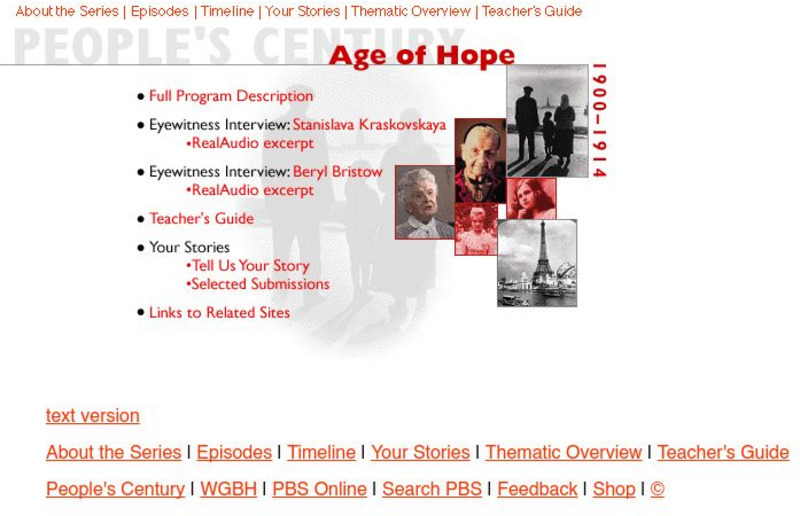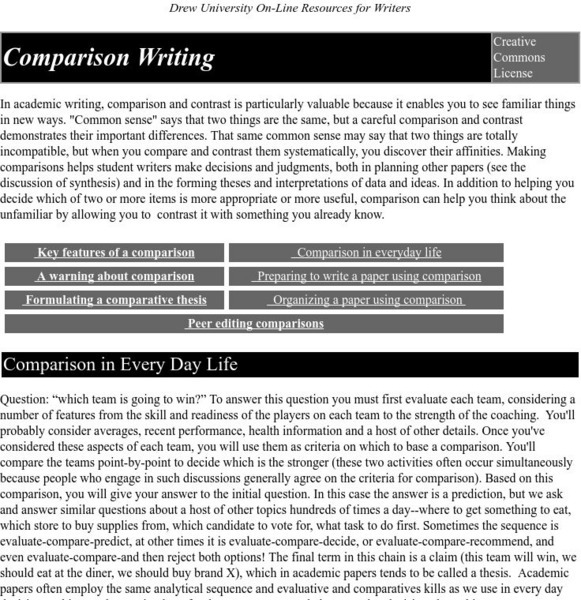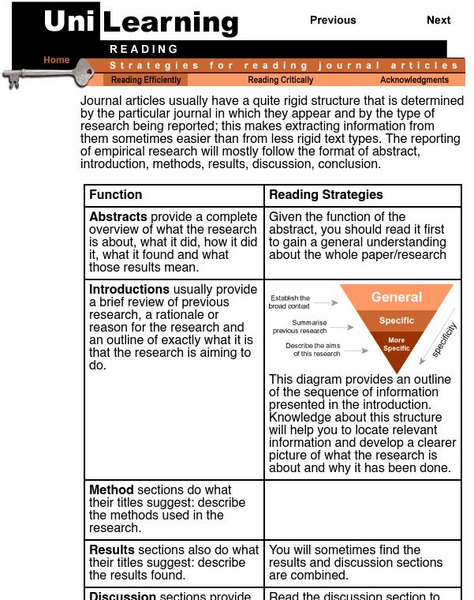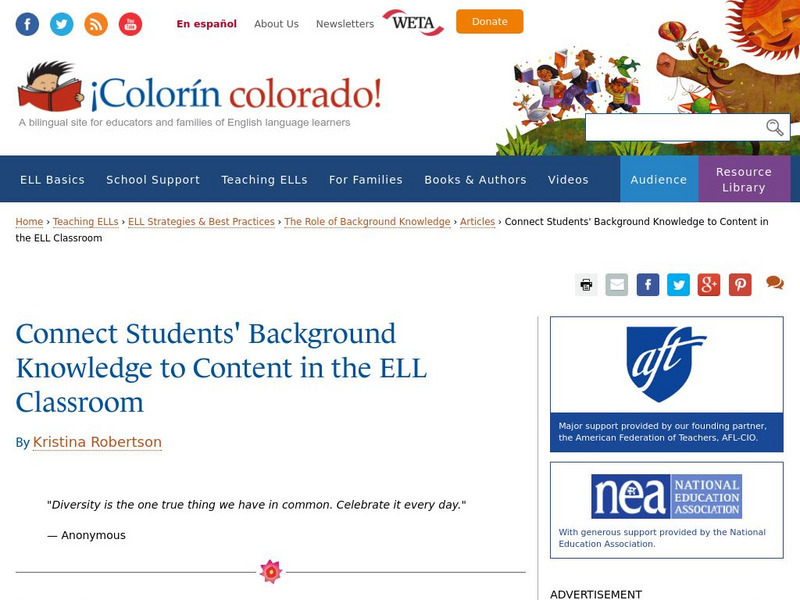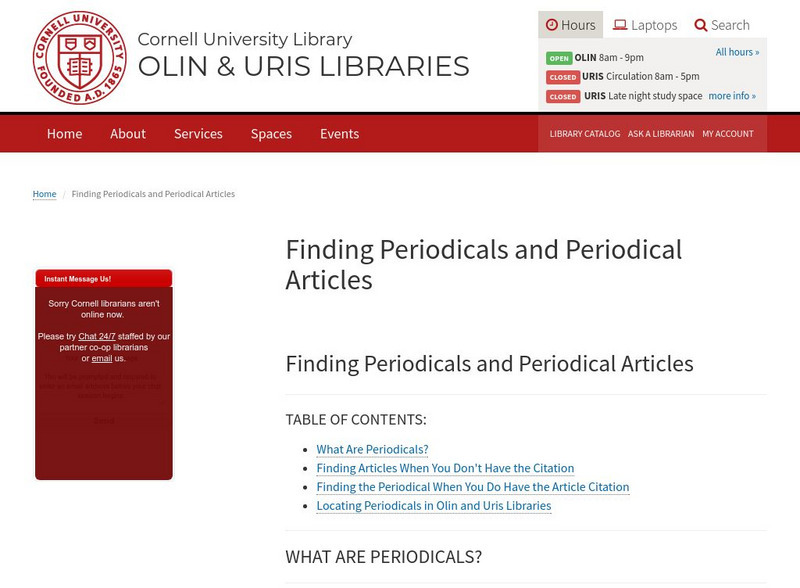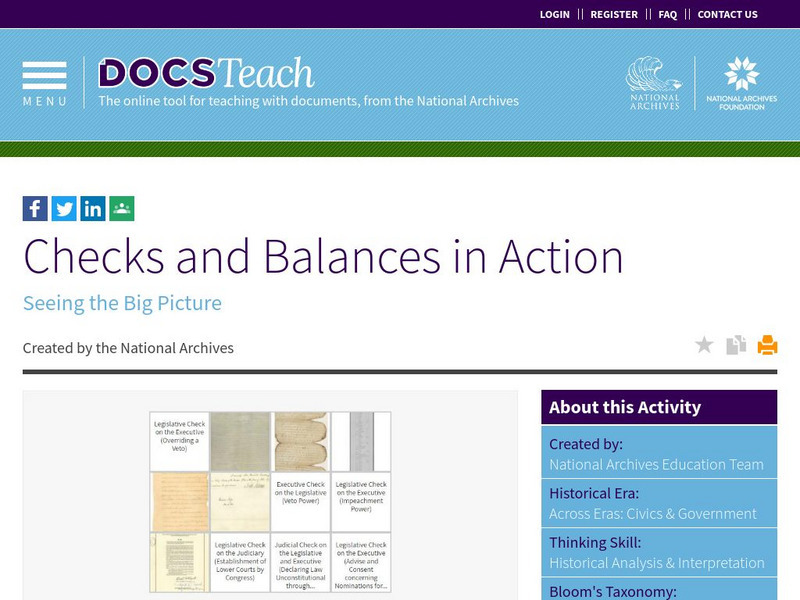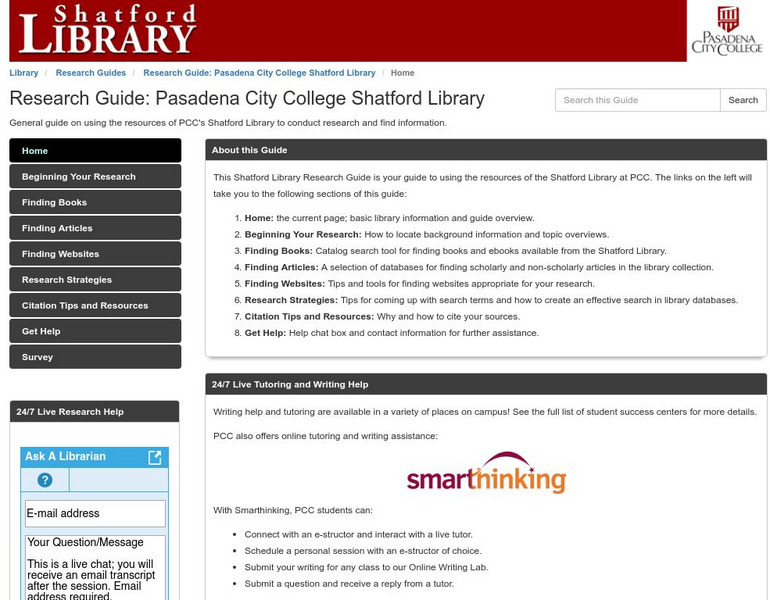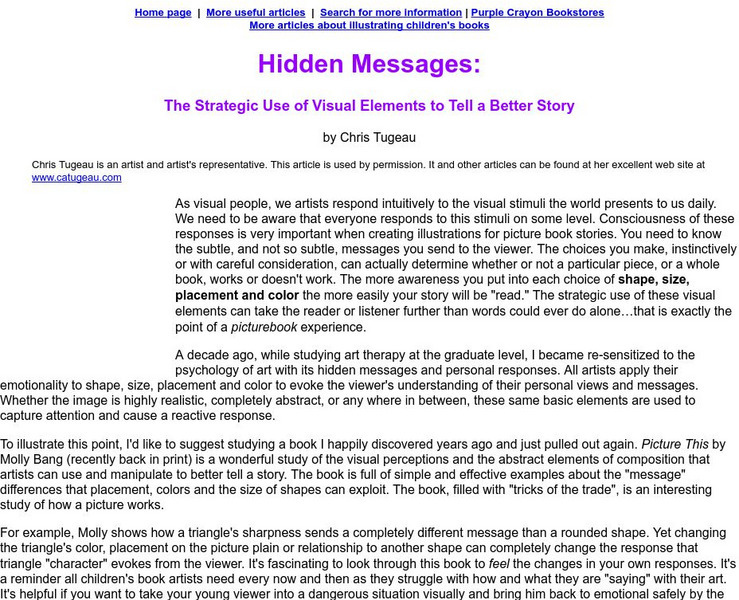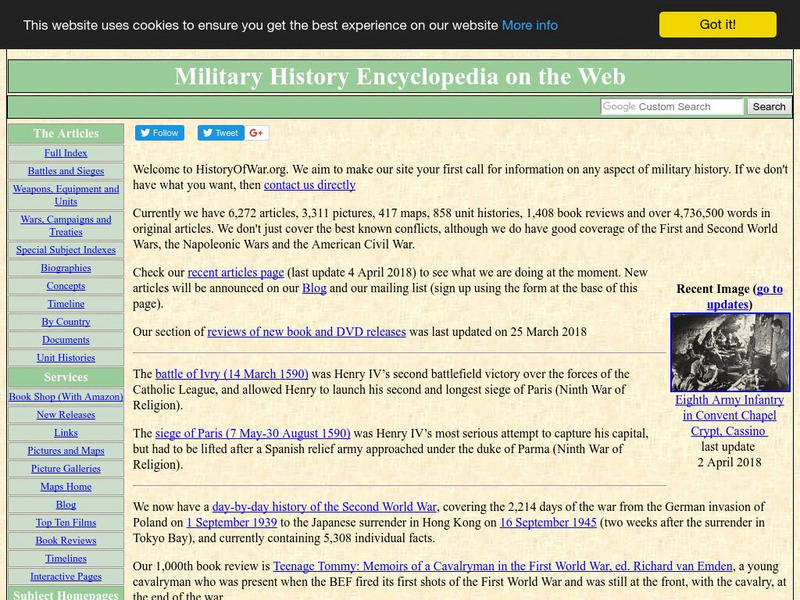PBS
Pbs: Age of Hope
Read and listen to two eyewitness interviews from people who have lived through the 20th century. What were their hopes for the world when they were young? Site includes detailed lesson plan.
Other
Lcc: Comparison and Contrast: Culture Capsules
This resource provides links to eight comparison and contrast essays written by English as a Second Language (ESL) students. Each essay involves comparing and contrasting two different cultures or specific aspects in those cultures.
Other
Speech, Music and Hearing: Historical Linguistics
A brief definition of the term historical linguistics and its sub-disciplines. This site is a good starting point for studying and comparing languages
Other
Education Extras: Presidential Election of 1896 [Pdf]
In this instructional activity students first explore the party platforms of the Republican, Democratic, Populist, and Greenback Parties. They then read informational texts and complete a graphic organizer about the readings. After...
Other
Elsevier: Personality and Individual Differences
An extensive resource providing in-depth research on theories, experiments, and reviews of personality studies and how humans possess individual differences.
Other
Yukon College: Reading & Writing Academic Articles [Pdf]
This detailed guide provides background information about the purpose and structure of journal articles, then walks the reader step-by-step through the reading process. Additional resources are included.
Other
Drew University: Resources for Writers Comparison Writing
Sections of this site include key features of the comparison essay, comparisons in daily life, formulating a thesis, preparing to write, and organizing a comparison essay. The site also includes a paragraph of caution when writing about...
Grammarly
Grammarly Handbook: Headings
This page focuses on the use of headings in a paper. The layout of the headings and subheadings should be determined before beginning the paper to make it easier to read and more attractive. Most important is to be consistent with...
Grammarly
Grammarly Handbook: Comparison and Contrast
This Grammarly Handbook resource provides examples of paragraphs that are arranged by the comparison and contrast organizational structure.
Grammarly
Grammarly Handbook: Primary, Secondary, or Tertiary Resources
Definitions and examples of primary, secondary, and tertiary resources.
Grammarly
Grammarly Handbook: Good or Bad Resource?
This page focuses on how to evaluate resources; it establishes criteria for determining good and bad resources. Primary resources are always good, but secondary and tertiary ones need to be evaluated more closely.
ReadWriteThink
Read Write Think: Venn Diagram, 3 Circles
A printable Venn Diagram with three circles to use when comparing and contrasting three things or topics. Directions on how to use this graphic organizer as well as lists of teaching ideas and related resources are also provided.
Writing Fix
Writing Fix: Mob's Voice vs. Hero's Voice
In this lesson, the novel To Kill a Mockingbird, written by Harper Lee, is used to get students to explore point of view and issues related voice in writing and social justice. This lesson requires the students to analyze and discuss the...
Other
Uni Learning: Strategies for Reading Journal Articles
Clear explanation of how journal articles tend to be structured, as well as tips for extracting information from each part. Includes sample, color-coded exercises.
PBS
Colorin Colorado: Connect Students' Background Knowledge to Content
In this article, teachers will learn strategies for connecting with students' background knowledge to engage ELL students. Research is used to support the strategies, and web links are provided for additional resources to support...
Cornell University
Cornell University: Finding Periodicals and Periodical Articles
This resource offers a good look at periodicals as a source of information, and offers help for finding articles in a variety of situations.
Stanford University
Stanford University: Spatial History Project
Several individual projects are going on under the umbrella of the Spatial History Project. These projects are developed and worked on by students, staff, and scholars as they expand studies within the humanities through spatial,...
US National Archives
Docs Teach: Checks and Balances in Action
In this activity, students will analyze documents that span the course of American history to see examples of 'checks and balances' between the legislative, executive, and judicial branches in action. Students will then match the...
US National Archives
Docs Teach: Separation of Powers or Shared Powers
In this activity, students will analyze documents that illustrate the relationship between the legislative, executive and judicial branches. Using the scale in Weighing the Evidence, students will decide whether the United States...
Pasadena City College
Pasadena City College: Shatford Library: Finding Articles
A step-by-step tutorial walks you through various ways of locating magazine and other periodical articles.
Grammarly
Grammarly Blog: Incomplete Comparisons
An explanation and examples of incomplete comparisons and how to correct them.
Harold D. Underdown
The Use of Visual Elements to Tell a Better Story
Short article gives excellent tips concerning how to use visual elements to enhance a written story. Article was written specifically for children's literature, but can also apply to other genres as well.
Other
Compare Two Different Mediums
Student can demonstrate their mastery of this standards by using different assessments, short answer, or graphic organizer.
Other
Military History Encyclopedia on the Web
Articles, pictures, maps, timelines and consolidated subject pages on the history of war and military engagements. Use any one of a dozen indexes to locate conflicts or battles of interest. Includes many useful extras, such as...
